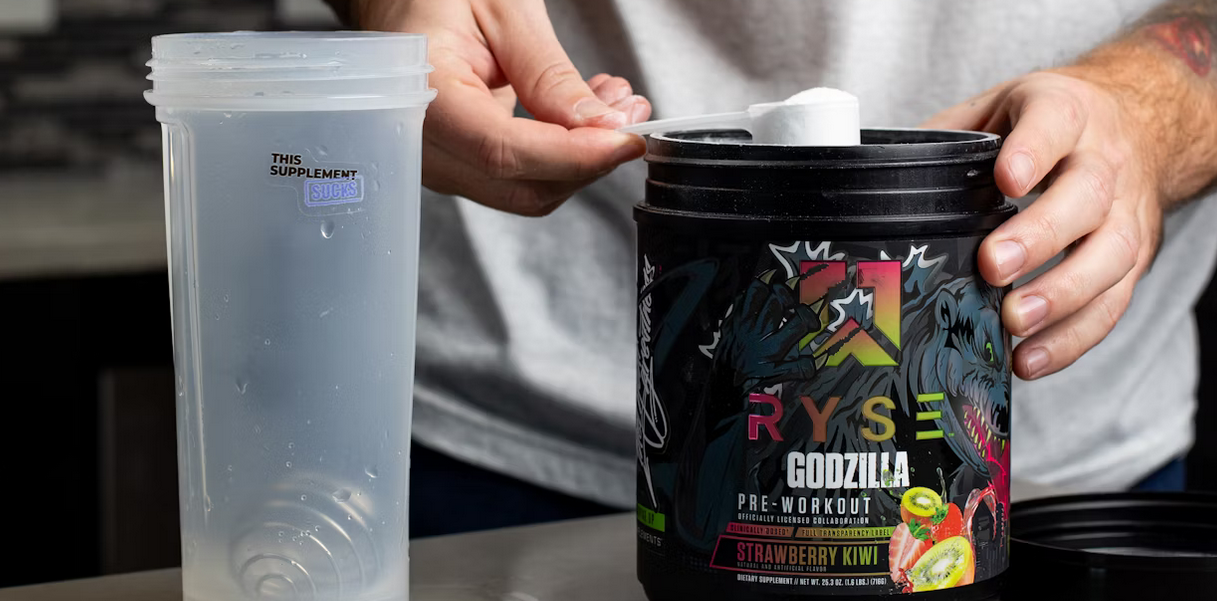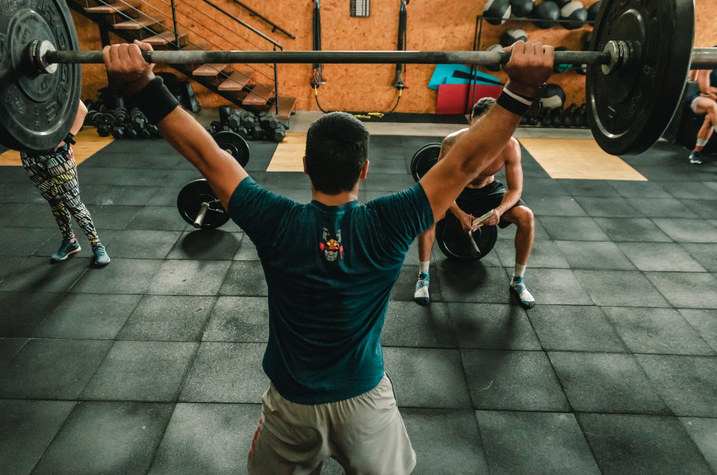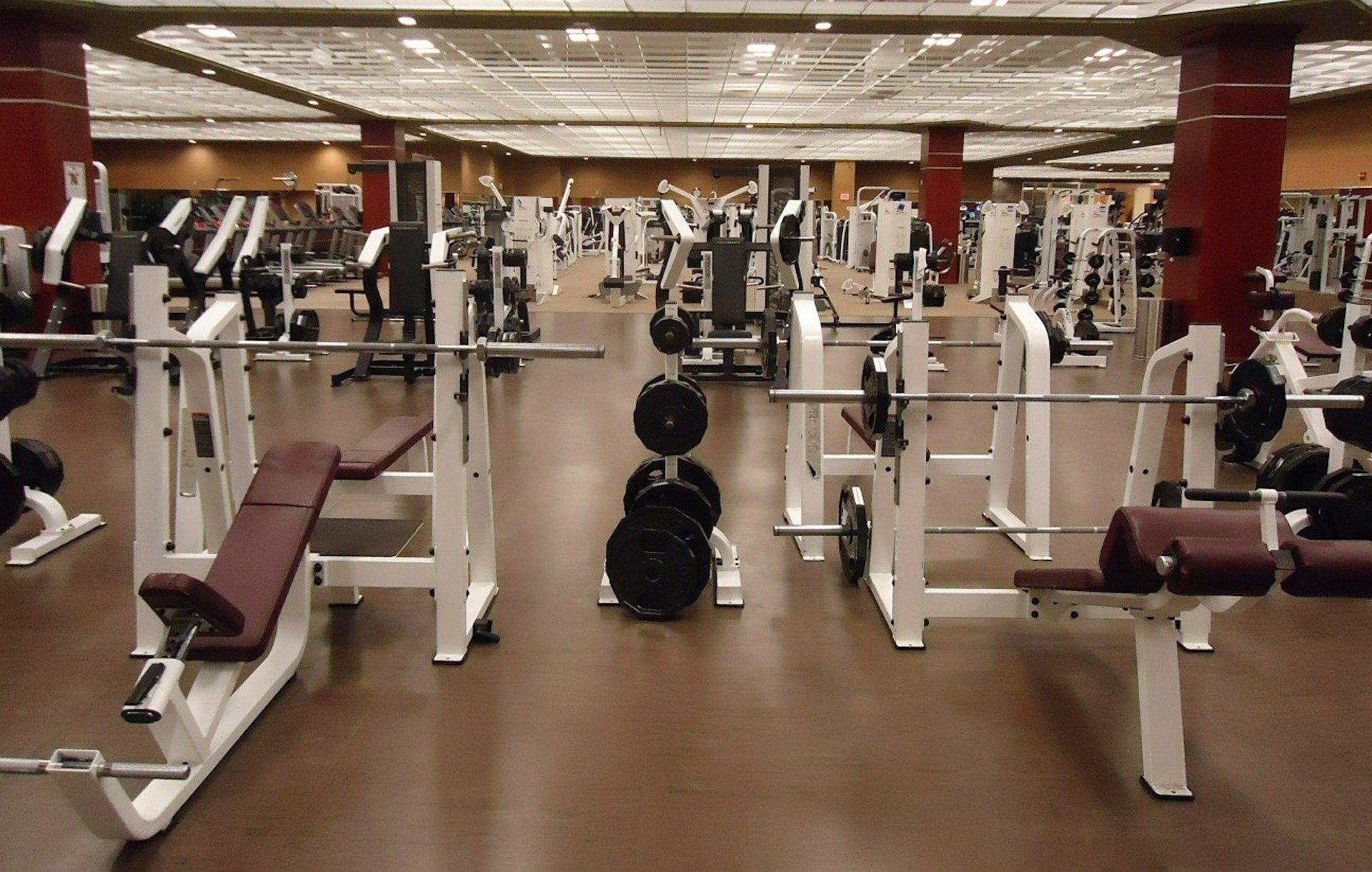If you’re serious about building muscle, you’re probably already hitting the gym regularly and keeping an eye on your nutrition. But when it comes to supplements—especially protein powder—timing matters more than many people think. Protein supports muscle repair and growth, but taking it at the right time can help you maximize those gains and recover faster. So, when exactly should you be drinking your shake? Let’s take a look.
The Role of Protein Timing in Muscle Growth
Protein plays a key role in repairing muscle tissue after workouts, especially strength training. Your body enters a muscle-building phase known as muscle protein synthesis (MPS), and feeding it protein helps this process work more efficiently. The timing of your protein intake can influence how well your muscles recover and grow. While total daily protein intake matters most, strategic timing can give your progress a boost—especially if you’re trying to gain lean mass. If you’re not sure where to start, these 7 protein powders that match different health goals can help narrow down your search.
Why Post-Workout Protein Is So Popular
You’ve probably heard about the “anabolic window”—the 30 to 60 minutes after a workout when your body is said to absorb nutrients more efficiently. While recent research shows this window may not be as narrow as once believed, post-workout protein still has clear benefits. Drinking a protein shake after you lift weights helps kickstart recovery, reduce muscle soreness, and support growth. Whey protein, which digests quickly, is especially popular for this reason. If your last meal was several hours before your workout, post-workout protein becomes even more important.
Is Pre-Workout Protein Worth It?

While not as commonly emphasized as post-workout shakes, having some protein before you exercise can also support muscle maintenance and performance. Eating protein an hour or two before training ensures that amino acids are already circulating in your system during your workout. This can help reduce muscle breakdown and give you a bit more endurance, especially during longer or more intense sessions. Just make sure to pair it with some carbs to fuel your workout—protein alone won’t give you much energy.
When to Take It?
One often-overlooked time to take protein is before bed. During sleep, your body goes into repair mode, and giving it a steady source of protein can support overnight muscle recovery. Casein protein, a slow-digesting option, is especially effective for this. It releases amino acids gradually over several hours, which can help prevent muscle breakdown during long periods without food. If you train in the evening or are working on gaining mass, this habit can be a real game-changer.
Spreading Protein Throughout the Day
While it’s tempting to focus only on the pre- and post-workout window, don’t underestimate the value of consistent protein intake throughout the day. Eating protein at each meal keeps your body in a muscle-friendly state and helps maintain energy and satiety. Spacing your protein out evenly across meals and snacks also gives your body more opportunities to stimulate muscle protein synthesis—rather …









 The first and most important reason to start working out more often is its benefit to your well-being. Exercising and staying fit can improve not only your physical health but also your mental health as well. For example, studies have shown that exercising helps stress relief and makes you feel better about yourself.
The first and most important reason to start working out more often is its benefit to your well-being. Exercising and staying fit can improve not only your physical health but also your mental health as well. For example, studies have shown that exercising helps stress relief and makes you feel better about yourself. Sleep is essential for your body and mind to function at their best. However, many people do not get enough sleep every night, which can lead to many problems both mentally and physically. If you work out regularly, it will help promote better quality sleep. It has been proven that working out increases hormones like dopamine and serotonin in your brain, which are essential for maintaining a healthy sleep cycle.
Sleep is essential for your body and mind to function at their best. However, many people do not get enough sleep every night, which can lead to many problems both mentally and physically. If you work out regularly, it will help promote better quality sleep. It has been proven that working out increases hormones like dopamine and serotonin in your brain, which are essential for maintaining a healthy sleep cycle.


